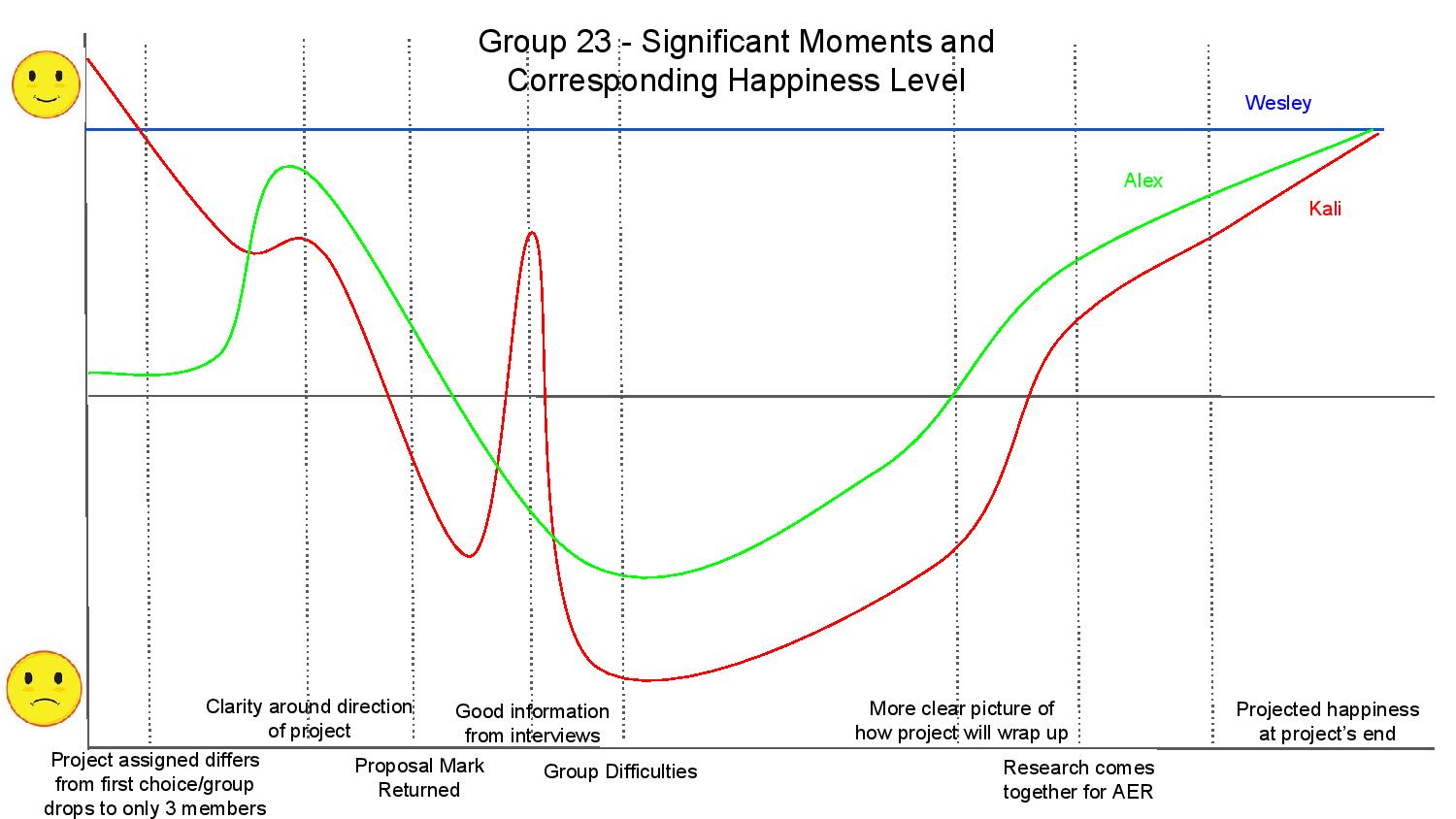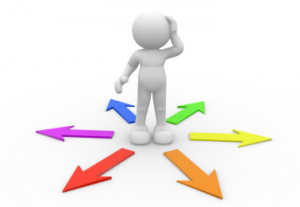Week 10 objectives
- Keep looking for an email response of our questions to Jacob Simonsen-Danish Waste Association.
- Leave another message for Anthony Lau of the UBC Faculty of Chemistry and Engineering about the research he is conducting regarding bio-plastic composting that Mateo of Net-Zero Waste spoke of.
- Continue with research focused on how increases in bio-plastic production using materials from renewable resources such as corn may affect food security.
- Create a rough draft of the final report for review by the instructors.
Achievements
At the sustainability breakfast several different stakeholders spoke of composting from their own vantage point within the composting system. We also heard from Malcolm Brodie the mayor of Richmond. He spoke of heading the committee that orchestrated the current composting policy and was listening to the stakeholders explain how he could better target his efforts to assist them. Louise Schwartz from Recycling Alternative spoke about educating the public about sorting waste. Mateo from Net-Zero Waste spoke of the challenges of removing bits of non-composted ‘compostable’ material. He also gave us the contact information to UBC assistant professor who is conducting research on compostable material. Brendan Ladner of Smak foods talked of the challenges of acquiring compostable packaging for a restaurant.

 Moment of Significant Change Workshop
Moment of Significant Change Workshop
In class on Monday, we made a time line of our project starting from early January until now. Here, we mapped out major events and then each graphed our level of happiness corresponding to the events.
At the beginning of the semester we had a bit of trouble finding a way to contribute to the City’s research on plastic bag replacement options until we finally got the idea to assess the viability of compostable bags as an alternative. As you can see from our graph, Kali and Alex were quite affected by this lack of progress whereas Wesley maintained his chipper attitude toward the project regardless.
When we got our mark back for our proposal, we were all quite disappointed as it was a lot lower than anticipated. Although we were bit frustrated, we pressed on and have been making a solid effort to get good information for the final report. These activities include attending the Community Sustainability Breakfast, interviewing several representatives from various organics processors and academic research.
Another thing to mention is that we had a little bit of group discord as some group members were contributing more than others. We did however talk everything through and we are now stronger together as a group. Sometimes it just takes a bit of conflict to get past the tension, and we have benefitted greatly from this.
Our group has had some trouble really understanding the criteria of the assignments, which has been reflected by our mediocre grades thus far. We do however have a renewed excitement for this project and are dedicating a lot more time to understanding what’s expected of us before diving in to our work.
Going into this project, we were all pretty certain that compostable bags were the obvious alternative to plastic. As we have progressed through our research, it’s become clear that these bags are not quite as viable as initially thought. In Shulman’s paper “Uncertainty in the Learning Environment,” the author discusses a pattern of uncertainty and resolution with these community-based learning initiatives. Our group certainly felt those effects over the weeks, from uncertainly regarding what our project would be, to uncertainty about where we could find valuable, applicable information, to uncertainty regarding our ability to do well on this project. After all three of these moments of doubt, we emerged stronger and all our concerns faded away once we realized our resolution. It’s easy to get stressed out, but we have learned that these stressful moments are actually the ones that spur the most important resolutions which end up contributing the most to the project. For example, when we took on this project, it seemed quite daunting to research especially since there hasn’t been a lot of work done on our topic. Fortunately, we ended up making some good contacts at various organics facilities who provided us with the information we need to properly exhibit this topic.

Describe your groups strategy for successful project completion (the Graceful Dismount)
The scope of our project has changed over the course of the semester. Initially we intended to look at Vancouver’s system as compared to other systems that also diverted organic waste to identify possible solutions for Vancouver, but what we have come to find is that many systems across North America are dealing with a similar problem in a similar manner, and there isn’t a lot to be learned. We have also found that some systems in other parts of the world, Denmark for example, who claim to have less waste than Vancouver, have strategies such as incineration which has other very separate issues, and does not fit the scope of our research..
Another challenge that our group has realized is that there are many different perspectives within the community about what changes would be best and why. Because of this, our project has adapted to try and understand these different perspectives as well as those from the academic community.
Throughout the term, our group has gathered data from both in person and phone interviews, a sustainability community breakfast, email exchanges with city representatives and through research on how the city and academic community are looking at the issues that have been the focus of group 23’s project.
To wrap up we will compare research done individually for the academic and experiential review and compile what we consider to be the most important and relevant information to go into our final report. We will also take note of any gaps in our current research in order to determine whether these gaps are within the scope of our project or if it is something that should be suggested for future research.
Any gaps that we feel fit the scope of our project will be researched in the final weeks, so that our final report provides the city with a complete and relevant report that can be used for future decision making..From all the data gathered, we will also determine as a group, what we think is the best strategy to recommend to the city and where we believe they need to do further research.
